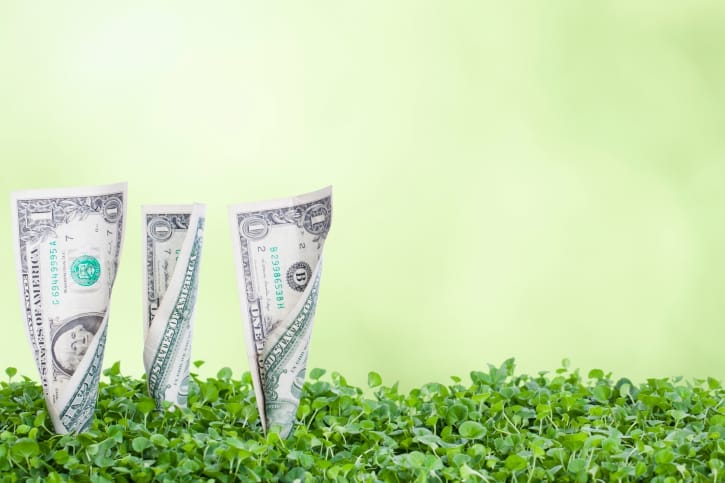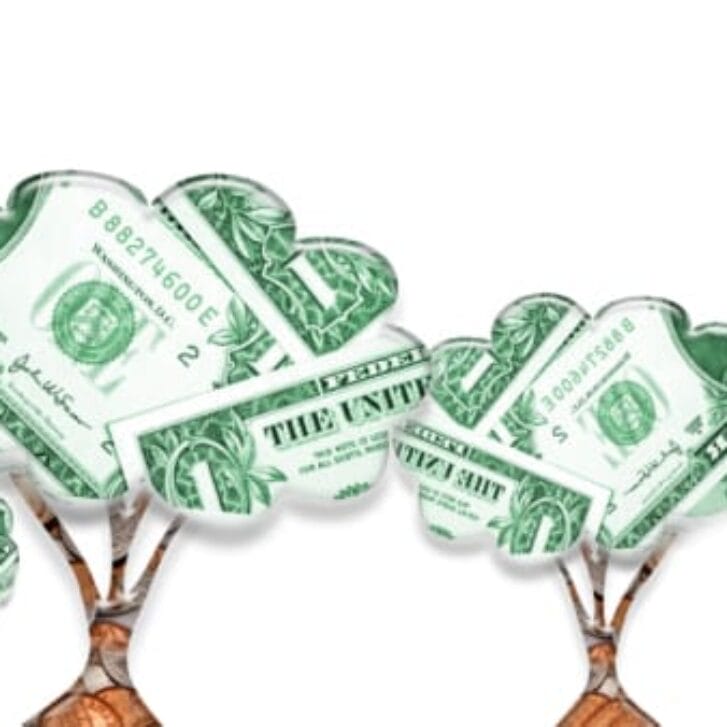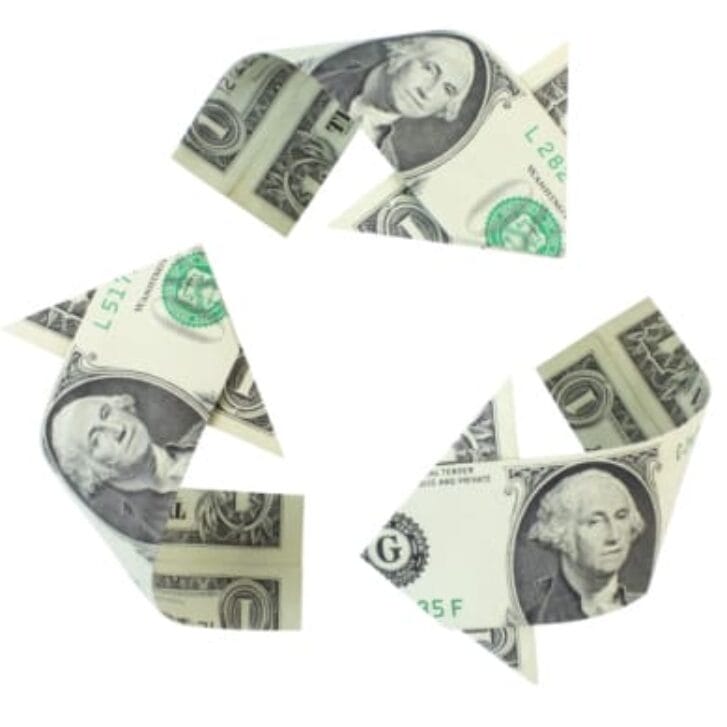Earth Day irks me and it should irk you too—especially if you think we should be working toward a global state of sustainable development. Widespread but small and temporary actions are fine. But “fine” isn’t enough if we are to preserve our planet and catalyze economic growth and inclusive prosperity. I’m here to tell you that both are possible, why Earth Day only scratches the surface and what we need to do differently.
1. We need to recognize that the terms “green” and “sustainable” are not interchangeable.
Earth Day is to most companies what New Year’s Day is to dieters; it’s a chance to get fired up and make some noise about “real change.” But a month later, we’re back to business as usual. “Going Green” is a fad diet, a quick fix. “Sustainability” encompasses broad, long-term changes that we can maintain over time to create lasting results. Sustainability is inclusive of social development, outreach and action in the communities in which we operate.
2. Earth Day interest among citizens leads companies to “greenwash” as a way to attract attention and capture new business.
Companies often promote their “green” credentials in a way that goes beyond those credentials’ realities. It’s in their interests to continue to greenwash. My response to these companies: Don’t do it! Two out of three Fortune 500 companies see their sustainability efforts fail because they haven’t properly defined what sustainability is. I’ll say it again—“green” and “sustainability” are not interchangeable terms. Avoid this trap to inform your strategic decisions.
3. Earth Day feeds society’s collective desire for instant satisfaction and removing “to-dos” from their lists.
Changing our habits on Earth Day—and only on Earth Day—is akin to crash dieting. Sure, we might make a small, temporary difference, but, ultimately, we may do more harm than good if we convince ourselves that we’ve done enough and we stop there. Achieving a state of sustainability—prosperity in perpetuity—requires all of us to follow sustainable behaviors daily.
Once executives see that sustainability is not only broader than green but also the basis for competitive advantage, they will also begin to realize increased profit and economic development opportunities.
This realization usually comes with another: “We can’t overcome our environmental and social challenges alone.” And that’s where the collaboration economy—working together with corporate rivals, with government agencies and with society’s representatives to address common issues in a way that kick-starts inclusive prosperity—comes into play.
Earth Day must continue to exist, but not in a vacuum. We’re running out of time. Let’s draw a line in the sand. Let’s work together to tackle the greatest issues of our time.

























